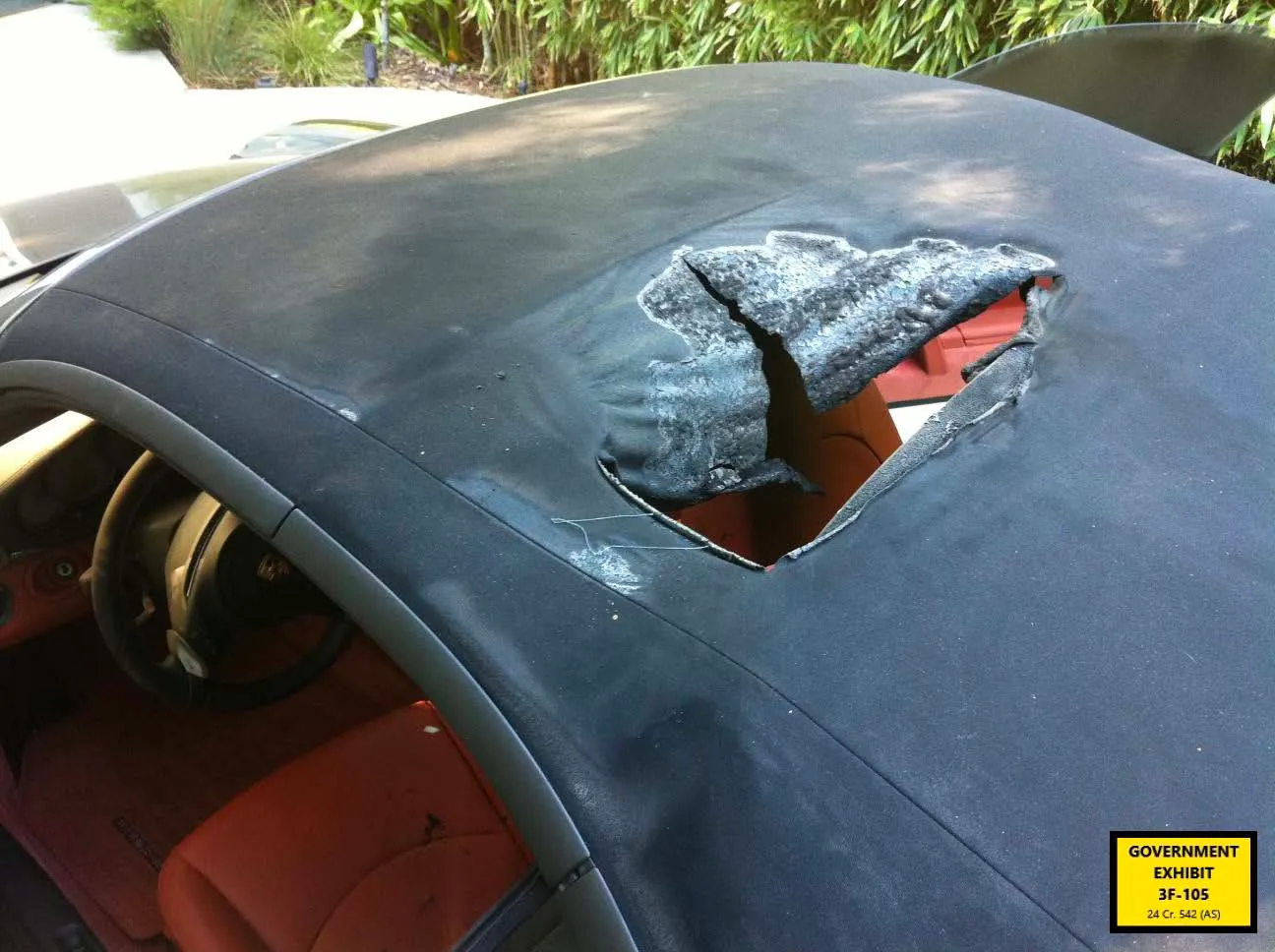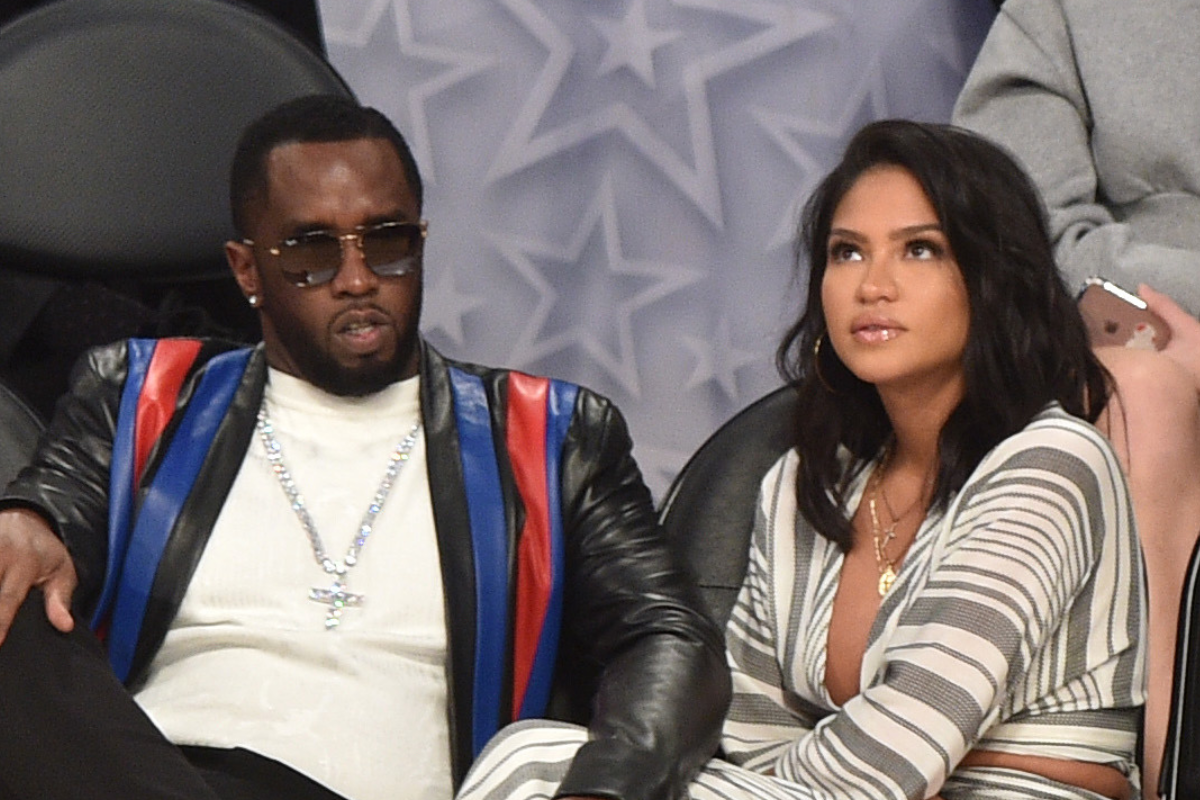Diddy sat stone-faced in a New York federal courtroom Thursday (June 26) as prosecutors delivered a blistering four-hour closing argument, accusing the Hip-Hop mogul of orchestrating a sprawling criminal enterprise built on coercion, violence and control.
Assistant U.S. Attorney Christy Slavik described Diddy as the undisputed leader of a network that enabled sex trafficking, drug distribution and physical abuse, all to maintain his power and status.
“He didn’t allow the word ‘no,'” Slavik told the jury, laying out a case that has unfolded over 31 days and included testimony from 34 witnesses.
The government’s narrative centered on two women—Cassie Ventura and a woman identified only as Jane—who prosecutors say were manipulated, abused and trafficked across state and international lines.
The prosecution alleged Diddy used his wealth and influence to isolate and dominate them, often with the help of close associates.
Slavik pointed to a 2016 incident at the InterContinental Hotel in Los Angeles, where Diddy allegedly beat Ventura and then paid $100,000 in cash to suppress surveillance footage.
Prosecutors said his chief of staff, Kristina Khorram and longtime bodyguard, D-Roc, helped count the money. The motive, Slavik said, was simple: public exposure would “ruin him.”
The government also accused Diddy of using drugs, including liquid Molly, to control Jane and force her into what were described as “freak-offs” and “Wild King Knights”—sex parties involving multiple partners and paid escorts.
Prosecutors said Diddy threatened to release explicit videos of Jane to her child’s famous rapper father if she refused to participate.
Khorram was portrayed as a key player in the alleged enterprise, responsible for sending drugs and cash to Diddy across the country. Prosecutors argued that these actions, along with the use of cellphones and interstate travel for sex workers, violated federal commerce laws.
The trial also revisited a 2009 incident where Diddy allegedly beat Ventura and confined her to a hotel room until her injuries healed, which they said proved kidnapping.
Prosecutors said he later demanded $20,000 from her family after learning she was romantically involved with rapper Kid Cudi. That same month, Diddy moved $3.2 million through one of his accounts, according to financial records presented in court, so he didn’t need the money – it was all about control.

Slavik claimed Diddy was behind the torching of Kid Cudi’s car, calling it a calculated act of intimidation. Capricorn Clark, one of Diddy’s former assistants, testified that she was ordered to track down Cudi—another act prosecutors labeled as kidnapping.
The government argued that Diddy’s business empire functioned like a kingdom, with young, eager employees willing to procure drugs or sex workers to stay in his favor.
Prosecutors said the abuse extended beyond the women to their families, all to reinforce Diddy’s control.
Diddy’s defense is expected to begin closing arguments tomorrow, June 27 and the jury could begin deliberations.
